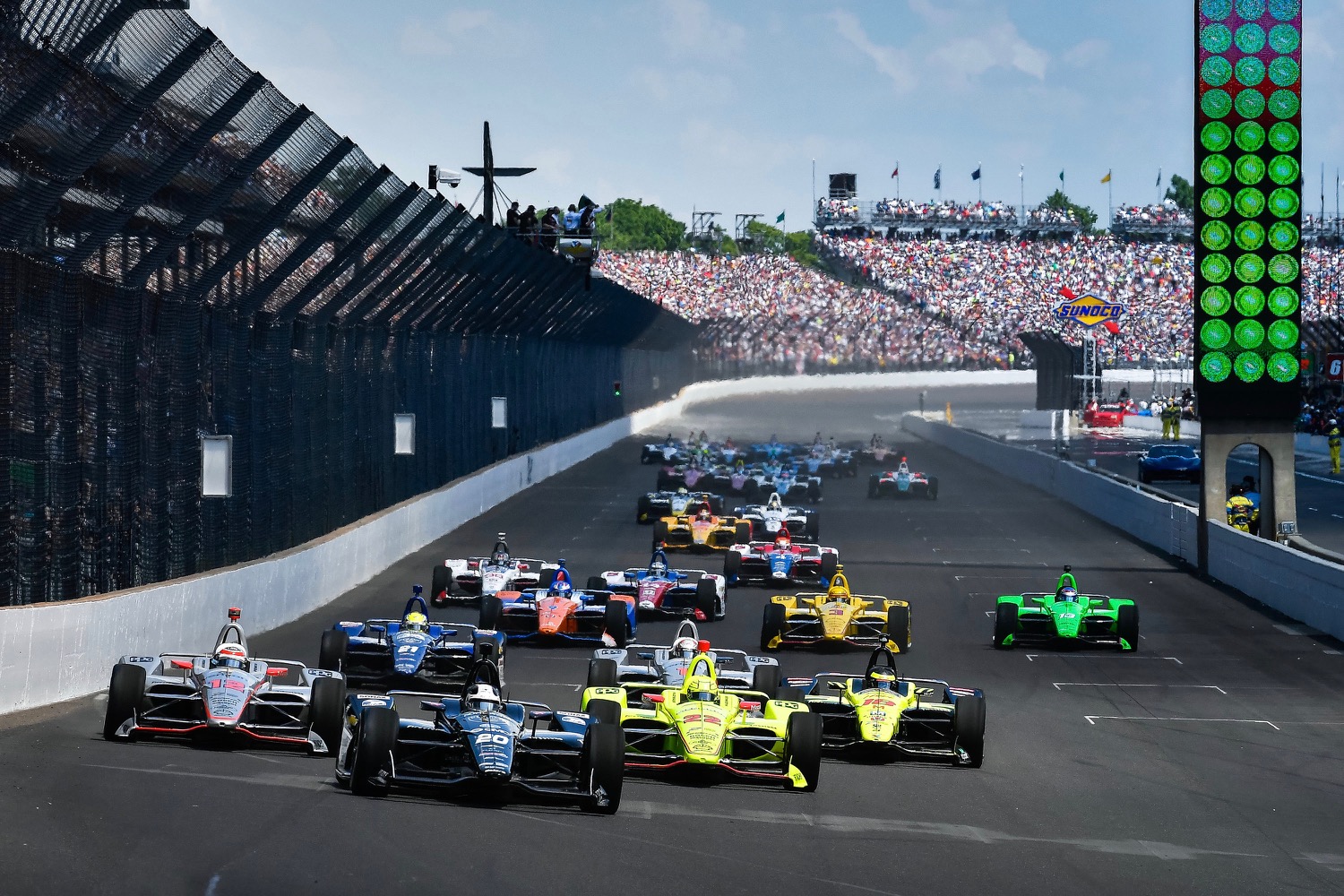
In American motor sports, there is no greater stage than Indianapolis Motor Speedway — home of the Indy 500. The speedway was built as a testing ground for new automotive technologies, and it will take on that role again when it hosts its first race for autonomous cars in 2021.
The Indy Autonomous Challenge is a competition for colleges and universities to design autonomous race cars. Competitors will design software to control autonomous race cars in a head-to-head race on the 2.5-mile oval track, according to Racer. The goal is to speed up the commercialization of fully autonomous road cars, as well as advanced driver-assist systems.
The competition will consist of five rounds. In the first round, teams will submit a short white paper. In the second round, they will have to demonstrate that their technology works by submitting a video, or participating in Purdue University’s autonomous go-kart competition at Indianapolis Motor Speedway. The third round will be a virtual race run on simulators, while the fourth round will be a real-life test at the speedway. The fifth round will be the actual race, with prizes of $1 million, $250,000, and $50,000 for first, second, and third place, respectively.
All teams will use a modified version of the Dallara IL-15 Indy Lights race car. Indy Lights is the minor league of IndyCar racing, but these cars are still capable of 210 mph, according to Racer. Dallara will work directly with each team on the conversion of cars into autonomous racers.
Indianapolis Motor Speedway opened in 1909 as a proving ground for automotive technology. Racing would spur the development of new technology, and prove to the public that the automobile was here to stay, the speedway’s founders reasoned. While the Indy 500 has debuted many technologies — including the rearview mirror — experimentation gradually became less of a priority. Once a team hit on a winning formula, other teams would copy it until all cars were virtually identical. To ensure a level playing field, IndyCar now uses a standardized car design, with engines provided by Chevrolet or Honda within a rigid rules framework. The series plans to adopt hybrid powertrains in 2022, but they will also be built to a strict set of rules.
While racing has served as a high-speed crucible for new technologies in the past, it’s unclear what impact it will have on autonomous cars. The problems facing autonomous cars are less about tackling high-speed ovals, and more about tackling mundane things like bug splatters and double-parked cars. Just as a car built for the track isn’t necessarily comfortable on the road, the lessons learned at Indy may not be transferrable to public streets.
This won’t be the first time autonomous cars have hit the track. Audi built a pair of test cars that toured world racetracks, and also ran a prototype autonomous car up the Pikes Peak hill climb course. Roborace hopes to launch a dedicated racing series for autonomous cars. While the cars themselves look pretty cool, it’s unclear when the first race will happen.


